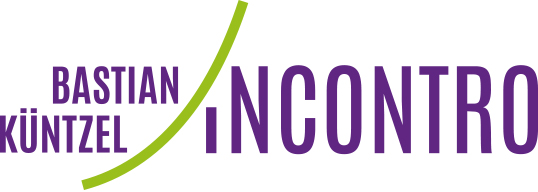When I talk about Organic Organisations, I often get some raised eye-brows when it comes to financial management. Many Organic Organisations, from Semco in Brazil to CTT in Germany, practice radical financial transparency. What this means is that everyone in the company can access and review the finances of the company, including the salaries of every member, the investments, purchases, rental costs, etc. Semco organised in co-operation with the unions courses for assembly line workers on how to read financial documents and balance sheets.
Talking about money is hard. It’s uncomfortable and stressful. Many people would rather earn less than openly speak about how much they think they should earn. Most are terrified by the idea that their colleagues would know how much they earn.
Funny, isn’t it? That conversations and knowledge about money are so entangled with feelings of shame and discomfort.
What is a fair salary? Is it the same amount that a person who does the same job in a different company makes? Is it enough money to support your life plus a little more for saving? Is it the same that everyone else in the company earns? Is it an amount that reflects the difficulty and experience required to do a certain job?
There is, of course, not one answer, no silver bullet. What IS fair is what FEELS fair by those that are concerned by it.
CTT, an event company in Germany with 30 members, pays every member of the organisation the same salary, regardless their position. Morning Star, a tomato processing company in the US has a system where every employee suggests what they would like to earn in the coming year, which is being reviewed by a group of employees. The suggestions can be challenged but not denied. Also Semco had a system where every employee could determine their own salary after they filled in a form that helped them in reflecting on their experience, what a similar position would be paid in another company, etc.
Three different examples that all took a different approach. What they all share, though, is transparency. You are less likely to give yourself an exorbitant salary, if you know that everyone will see how much you give yourself. You are also less likely to think that you are being compensated in an unfair way, if you can see your salary in relation to the profits of the company, the expenses, the expected incomes in the future, etc.
Conversations about money are uncomfortable as long as they are taboo. Financial transparency inside the company is difficult if there are some clear systemic misbalances that lay bare some of the hypocrisies we all live with.
My children are 3 and 6. They don’t know how many savings we have, what expenses burden our family and what vacation we can afford and what not. They don’t have to know. They are not mature enough to make meaningful and reasonable decisions about our family finances. My wife knows how much I earn. I know how much she makes. Of course she does, she is my partner. Of course I do, I am her partner. It’s a different relationship.
So why is it that discussions about money are such a big taboo in so many companies? Is it because the employees are seen as children, for whom it would be a too high burden to deal with that type of knowledge? Apparently, so, no?
How can you be a partner, an equal, and take reasonable decisions concerning your company, if you don’t have a complete picture about your companies financial situation? You can’t and so you won’t. If you want to truly empower your employees, you may actually have to give them power. Information IS power. Open your books (tenderly).

